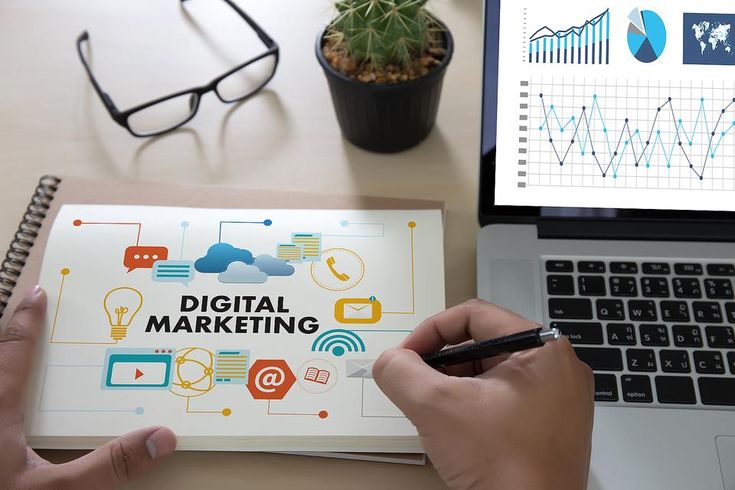Digital marketing has become an essential part of modern business growth. In today’s world, where consumers spend a large portion of their time online, businesses need strong digital strategies to connect, engage, and convert their audiences. But what exactly makes up digital marketing? Let’s explore the main aspects that form the foundation of this dynamic field.
1. Search Engine Optimization (SEO)
SEO is the process of optimizing a website to rank higher on search engines like Google. It involves using keywords, improving website speed, ensuring mobile-friendliness, and building backlinks. A strong SEO strategy helps businesses increase visibility and attract organic (unpaid) traffic.
2. Content Marketing
Content is at the heart of digital marketing. Whether it’s blog posts, videos, podcasts, or infographics, content marketing focuses on creating valuable and relevant material that attracts and educates the audience. Good content builds trust and positions a brand as an authority in its industry.
3. Social Media Marketing
Social media platforms like Facebook, Instagram, LinkedIn, and X (formerly Twitter) allow businesses to engage directly with customers. Through creative posts, stories, and ads, companies can build brand awareness, promote products, and foster a community around their business.
4. Email Marketing
Email remains one of the most effective digital marketing tools. It helps businesses stay in touch with their audience, share updates, promote offers, and nurture leads. A well-crafted email campaign can drive conversions and build long-term customer loyalty.
5. Pay-Per-Click (PPC) Advertising
PPC involves paid ads that appear on search engines and social media platforms. Advertisers pay only when users click on their ads. Google Ads and Meta Ads are popular PPC platforms. This approach helps businesses reach targeted audiences quickly and generate immediate results.
6. Affiliate Marketing
Affiliate marketing allows businesses to partner with individuals or companies (affiliates) who promote their products. In return, affiliates earn a commission for every sale or lead they generate. This performance-based model can significantly expand reach.
7. Influencer Marketing
With the rise of social media, influencers have become a powerful part of digital marketing. Collaborating with influencers enables brands to reach niche audiences authentically, as people trust recommendations from personalities they follow.
8. Mobile Marketing
As mobile usage grows, mobile marketing has become essential. This includes SMS campaigns, app-based advertising, and mobile-friendly websites. It ensures that businesses connect with users directly on their smartphones.
9. Analytics and Data-Driven Marketing
Data plays a crucial role in measuring success. Using tools like Google Analytics or social media insights, businesses can track customer behavior, campaign performance, and ROI. Data-driven strategies allow companies to make smarter marketing decisions.
10. Online Reputation Management (ORM)
A brand’s online reputation influences consumer trust. Monitoring reviews, responding to customer feedback, and managing brand image across digital platforms are key to maintaining credibility and building positive relationships.
Final Thoughts
Digital marketing is not just about running ads or posting on social media—it’s about building meaningful connections with your audience. The main aspects of digital marketing—SEO, content, social media, email, PPC, and others—work best when combined into an integrated strategy. Businesses that embrace these elements are more likely to thrive in the digital age.

